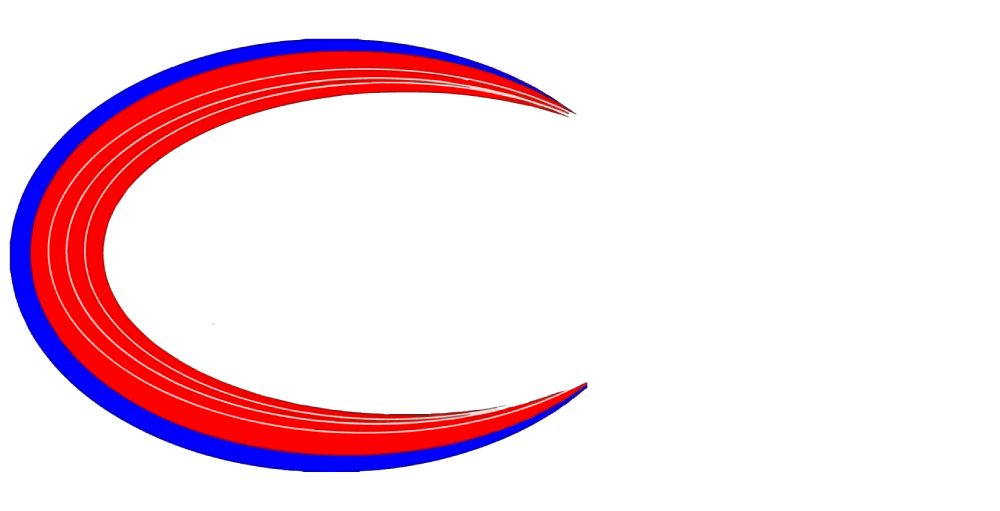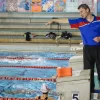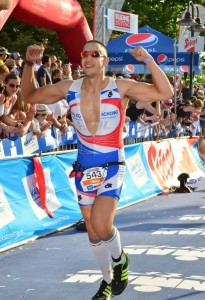 I have had a few athletes speaks to me recently about what are the most important things when it comes to training for an Ironman.
I have had a few athletes speaks to me recently about what are the most important things when it comes to training for an Ironman.
Based on my coaching experience this is my top 10 - thinking about it there is no particular order to these and I believe they are all equally important. It gives you an idea on how much goes into training for an Ironman event.
Consistency
Absolutely key. Training consistently in the months leading up to your Ironman is critical for you to have a great race. Work with your coach to enable you training time and availability through the week to be used. Its quality over quantity a lot of the time.
Choose your race (include a holiday)
So not every race, suits every athlete. If you are a strong biker and like the flater roads then an Ironman Western Australia in Busselton or Ironman Austria are good selections. However, if you like the hills then maybe an Ironman France or Ironman Wales would be better. If you are a strong runner pick a course to suit you. If you like the heat, stay away from the colder venues... if you like the cooler weather, don't go to WA in December! Whatever race you choose... turn it into a holiday... this way you can enjoy the recovery afterwards with your friends or family.
Get your family agreement
A must! Getting your family to buy into what you are doing is huge. Training for an Ironman is no easy feat. It is a big commitment. Those epic rides at a weekend will eat into your family time. But again, working with your family and your coach to maximise the time you have available will help.
 Get a coach
Get a coach
Yeah, yeah... he would say that. YES I would! Personally, you may get around an Ironman without a coach, but you won't enjoy it anywhere near as much. A coach will help reduce the risk of injury, illness, overtraining, undertraining. A coach will enable you to get the most out of your training time. Above all though, a coach will hold you accountable for your training, your recovery, your nutrition and maintaining a healthy training / life balance.
Be patient
Training for an Ironman will take months. You cannot cram all your training into the last two weeks and expect any result or even to finish. Training takes time. Adaptation of the body takes time. Give yourself time to train properly for the ironman.
Recovery
The glue that holds your training together
Without the correct recovery your body will fail. It may get sick. It may get injured. But it will certainly not be able to sustain the amount of training required for an Ironman. Recovery includes things like, nutrition, massage, downtime and sleep. All need to be factored into your training plan.
Respect the event
Ironman is not a sprint triathlon. You are likely to be out on the course for 10 plus hours... some even 16 hours. That sort of challenge deserves respect. If you do not respect the event... it could destroy your day.
Race some short stuff
This is more of a personal one from a coaching point of view. At the end of the day we train to race. There is nothing to stop you racing regularly in shorter triathlons whilst training for your main event. Benefits would include intense workouts, social interaction, practicing race day, getting used to being in a competitive environment. However, whilst I encourage you to race... do not do this at the expense of your key training sessions. Again work with your coach to get the most out of your training and creating that tri / life balance.
Make it fit your lifestyle
With this one, can you train on the way to work, can you train at lunchtime. If you have family, make sure you set time aside for them. Make sure you have a date night every now and again. Ironman can consume your life. Make sure Triathlon and Ironman fits into your life rather than consuming it!
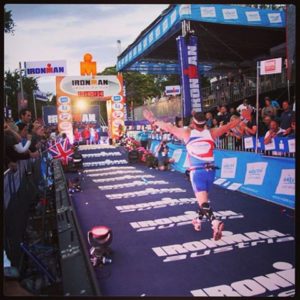 Listen to your body
Listen to your body
The ultimate reference point. Heart rate monitors, Power meters, GPS are all excellent tools... but the best training tool you have is being able to understand your body. If its tired, talk to your coach, have an easier day. If you are due to have a key session that day, perhaps complete it then have a full recovery day the following day. If you are not well, reduce your intensity that day or don't train at all. You have to listen and learn to understand your body.
Don't miss the key sessions!
It sounds simple but actually it is essential. If you are struggling for time during your training week, then talk to your coach. Ask them to identify which session are an absolute must (unless unwell or unduly fatigued). If necessary ask the coach how you should rearrange them to fit your schedule.
If you are looking for an endurance coach then have a look at what Paul offers.
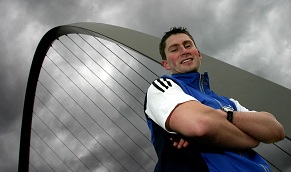
Paul is a Professional Endurance Coach. Passionate about the sport of Triathlon. Paul empowers athletic achievements with quality individualised bespoke coaching. Coach Paul is a British Triathlon Federation Level 3 Coach and a Triathlon Australia Performance Coach Candidate.
He is also an IRONMAN Certified Coach and a Level 2 Training Peaks Coach. F4L Triathlon Coaching offers triathletes and other endurance athletes a full coaching and training service that caters to all levels of triathletes. F4L offers professional triathlon and endurance training support and the reliability triathletes and multisport athletes require. Each athlete is an individual, every athlete has different needs.
This is what you'll get...
1. Personalised Training Plan: At F4L Triathlon & Multisport Coaching we believe every athlete is different. Your training program is created around your lifestyle and goals. Not the other way around.
2. Specific goals: Train with a goal in mind. We will help you target the right goal for you.
3. Twice weekly review of your training plan and power and/or heart rate files.
You’re just weeks away from your best triathlon season ever:
Or CALL NOW: +61 415 679 232
